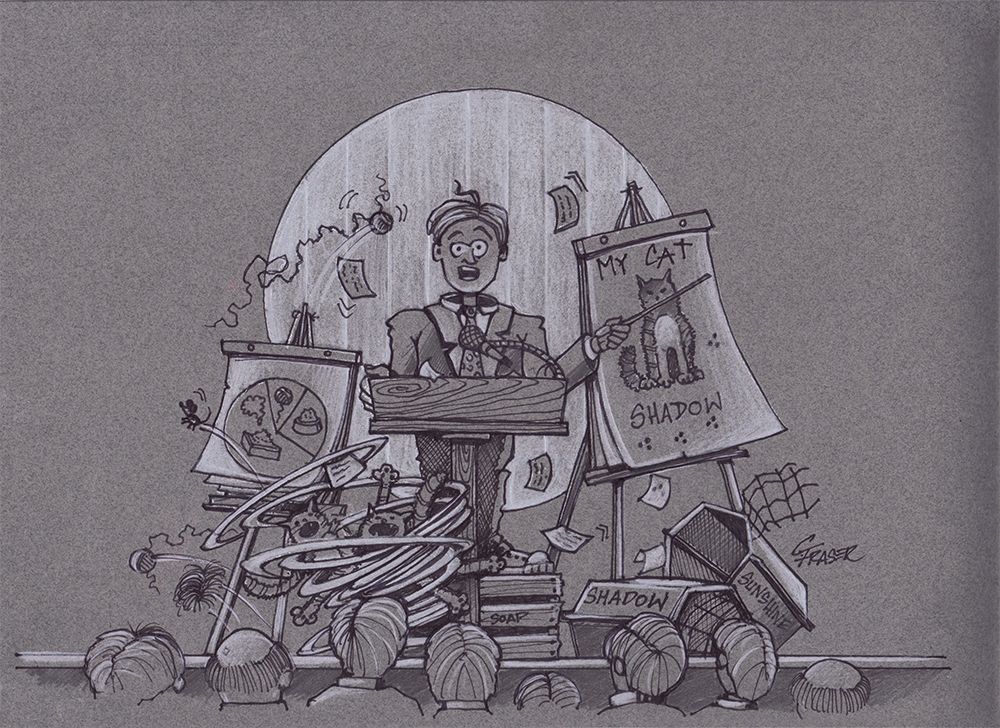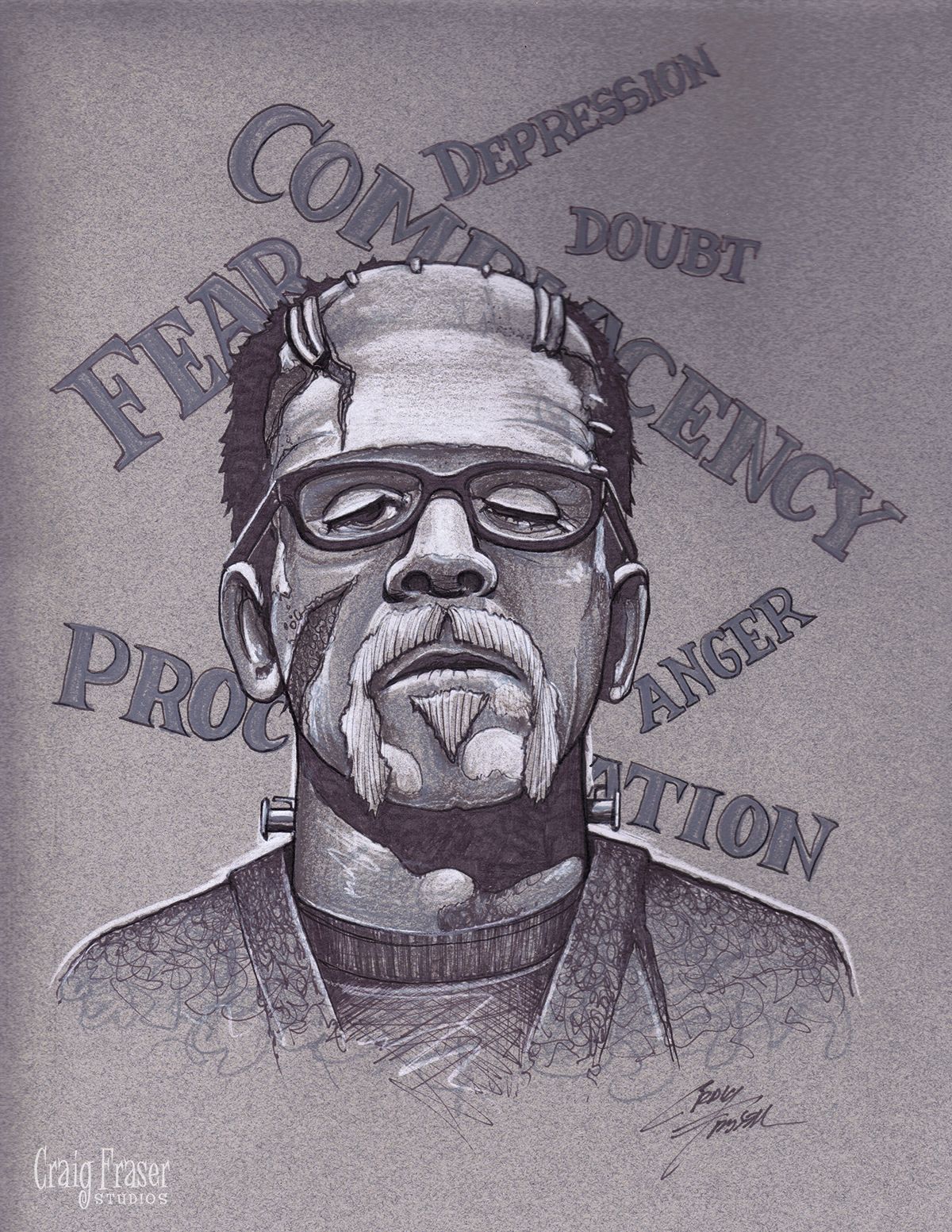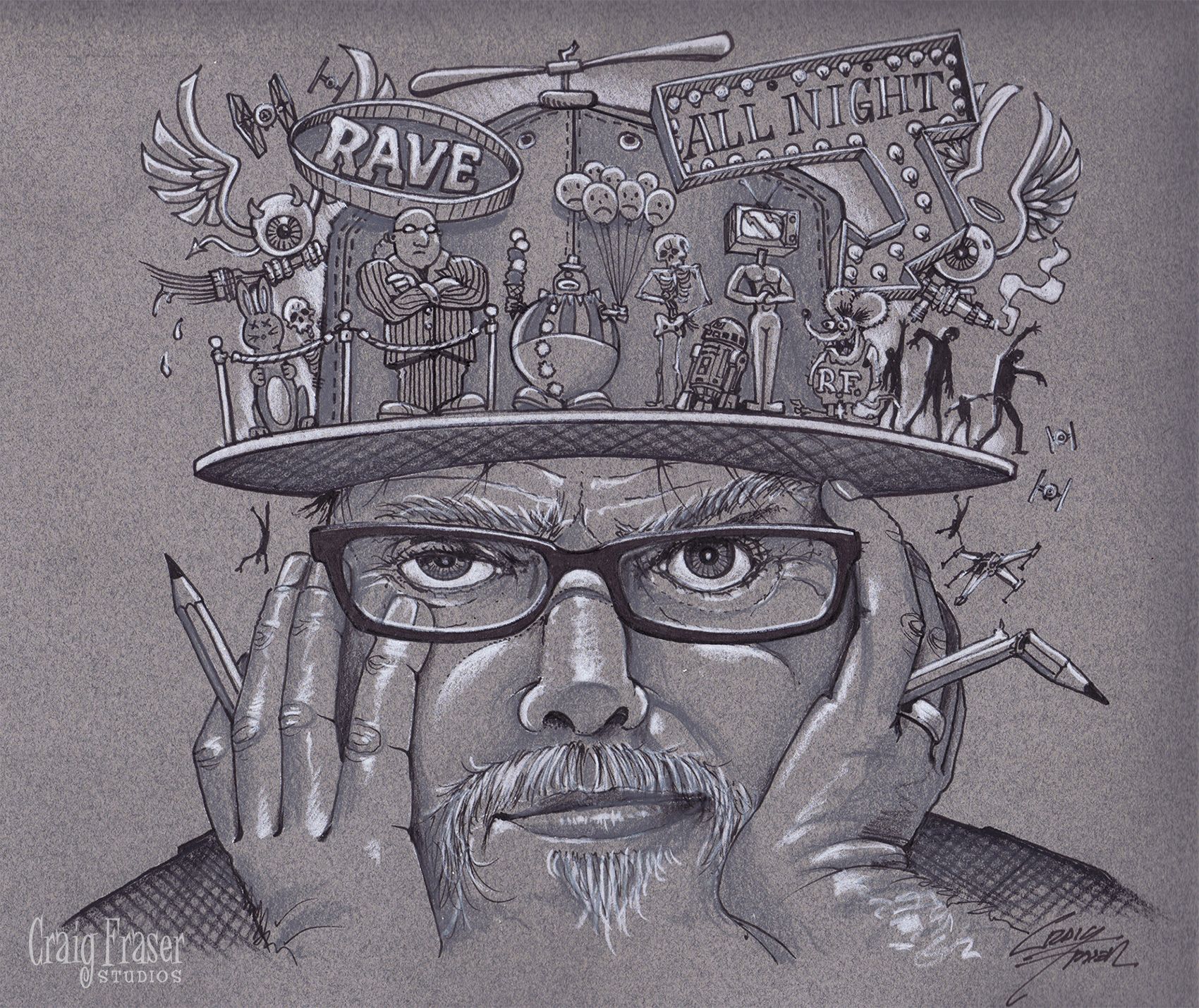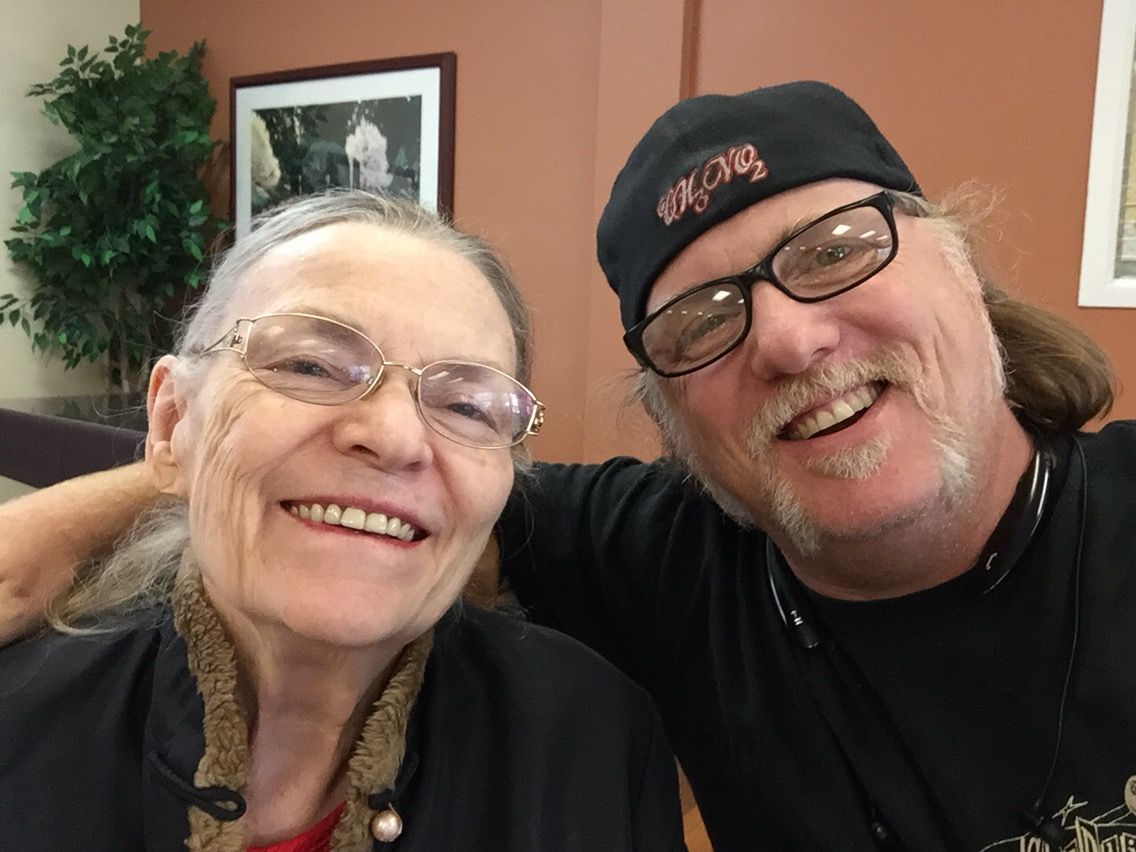When I was around the age of ten I was painfully shy, and had a problem with stuttering. Usually only in public, around strangers, or in a stressful situation, but it was getting worse the older I got. My father had a horrible stutter all the way through college, so I imagine he was understandably worried about mine becoming worse. He never interupted, or impatiently talked over my stutter like his father had done. He had always made it apparent that he never wanted to treat me like his father had treated him.
I actually could tell when I was going to stutter, so I would stop mid sentence, which is just as distracting as the stutter. The only thing worse than having to talk to somebody, was having to talk to a group. So the only rational thing to do was to have me give a speech in front of Toast Masters. I didn’t know these people, how could I go in front of them and give a speech even if I didn’t have a stutter?!
The morning of the “Guantlet” arrived. I remember sitting by my Dad at one of the tables. We ran through my speech notes, he reassured me and gave a few last minute pointers. I think he arranged for me to be one of the first, just to preserve my sanity. I can still hear the creak of the podium, and the “feedback” squeal as he bent the microphone down to me.
I scanned the room, took a deep breath and began. As soon as I started delivering the speech, something clicked. It was my story, my speech, my rules, I controlled the room. While the room was filled with business professionals, political hopefuls, and even a few Cal State professors, the floor for the next 15 minutes belonged to a 10 year old kid talking about his two cats, Sunshine and Shadow. The room was no longer filled with murderous strangers, and monsters, this was now a room of my friends, and I was telling a story. I was hooked, and I didn’t stutter once!
Let me share the pointers my Dad gave me on that day, and a few more I have learned since.
• Tell a story you truly care about. People can tell when you don’t.
• Don’t be overwhelmed by the crowd of people. Balance your attention between your notes, and the audience. My dad was a genius with this. Sometimes he would refer to blank notes, just to create a visual rhythm. People like to see somebody referring to reference.
• Make sure to breathe. Sounds strange, but a sure sign of stress is the holding of one’s breath. Guess what? Holding your breath in turn makes you even more stressed. So breathe……
• Never try and maintain eye contact with everyone. Let your eyes roam the room, and find one, or two people that are already intent on your speech. Reward them by speaking to them on key issues, as you perform your balancing act of attention.
• Listen to your own words as they come out, be one of the spectators. Anticipate your next words, and you will never get lost in your own speech. Cards, and teleprompters are great tools, but they can also be crutches if you depend on them too much.
• Lastly, “consequence”. What are the consequences if you fail? If they hate your speech, or you fumbled through it, will they physically kill you?? No. All that worry was for nothing. Speaking is a craft. You have to make mistakes to get better. Nobody ever learned anything by doing it right the first time!
Supposedly public speaking is the second greatest fear rivaled only by death. Really? It doesn’t have to be. Take it from a stuttering 10 year old. Anybody can learn to do it, but you can’t learn until you start. Now it still took me a few years before I stopped stuttering all together in public, but I literally never did again when on stage.
If any of you have had similar experiences, or have your own solutions to public speaking “traumas”, I’d love to read them, and have you leave a comment. Please repost, and share.







Man these blogs are awsome! Ever since i first bought your book 9 years ago cheap tricks i have learned many things from you and your art. You are a mentor to me and many others . This story was just as good as one about airbrushing! To know that we all start some where and we all have insecurities re affirms our ability to over come anything . Thanks buddyyour the man!
Thanks Thomas! Always good to make a connection. Hope you enjoy my future blogs as much!
Greetings! Very useful advice in this particular post!
It is the little changes that will make the
biggest changes. Many thanks for sharing!